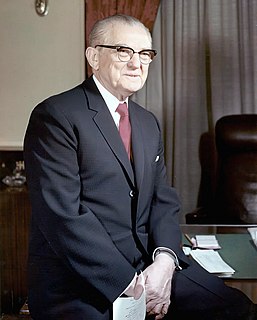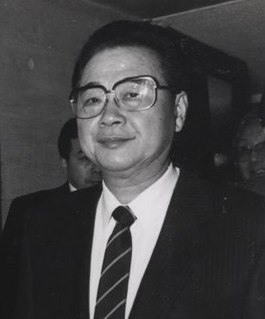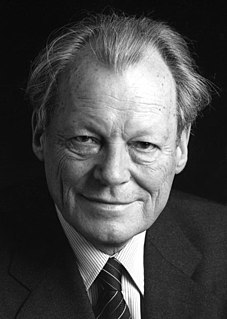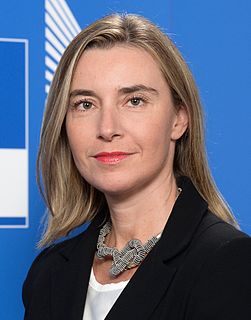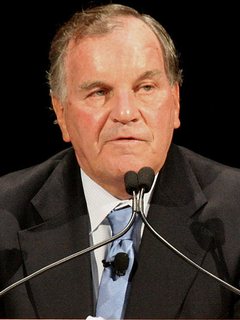A Quote by Lester R. Brown
Nations are in effect ceding portions of their sovereignty to the international community and beginning to create a new system of international environmental governance.
Related Quotes
The concept of national sovereignty has been an immutable, indeed sacred, principle of international relations. It is a principle which will yield only slowly and reluctantly to the new imperatives of global environmental cooperation. It is simply not feasible for sovereignty to be exercised unilaterally by individual nation states, however powerful. The global community must be assured of environmental security.
Following World War II, the U.S. was the architect of the UN system, and the world financial system, and the Human Rights Declaration, and of course the United Nations is based here in New York City. But, unfortunately, especially in the last decade, the U.S. really has been turning its back on international agreements and the set of agencies and procedures that they create as a means for governing the world.
The New World Order is a world that has a supernational authority to regulate world commerce and industry; an international organization that would control the production and consumption of oil; an international currency that would replace the dollar; a World Development Fund that would make funds available to free and Communist nations alike; and an international police force to enforce the edicts of the New World Order.
The international human rights framework is a vital component and engine for promoting global values. Governments have signed up to this international legal framework and we should hold them accountable, in all circumstances from environmental or labour standards, to trade talks, arms control and security issues as well as other international legal codes.
The United Nations remains the sole universal international organisation designed to maintain global peace. And in this sense it has no alternative today. It is also apparent that it should adapt to the ever-changing world, which we discuss all the time: how it should evolve and at what rate, which components should undergo qualitative changes. Of course, I will have to or rather should use this international platform to explain Russia's vision of today's international relations, as well as the future of this organisation and the global community.


